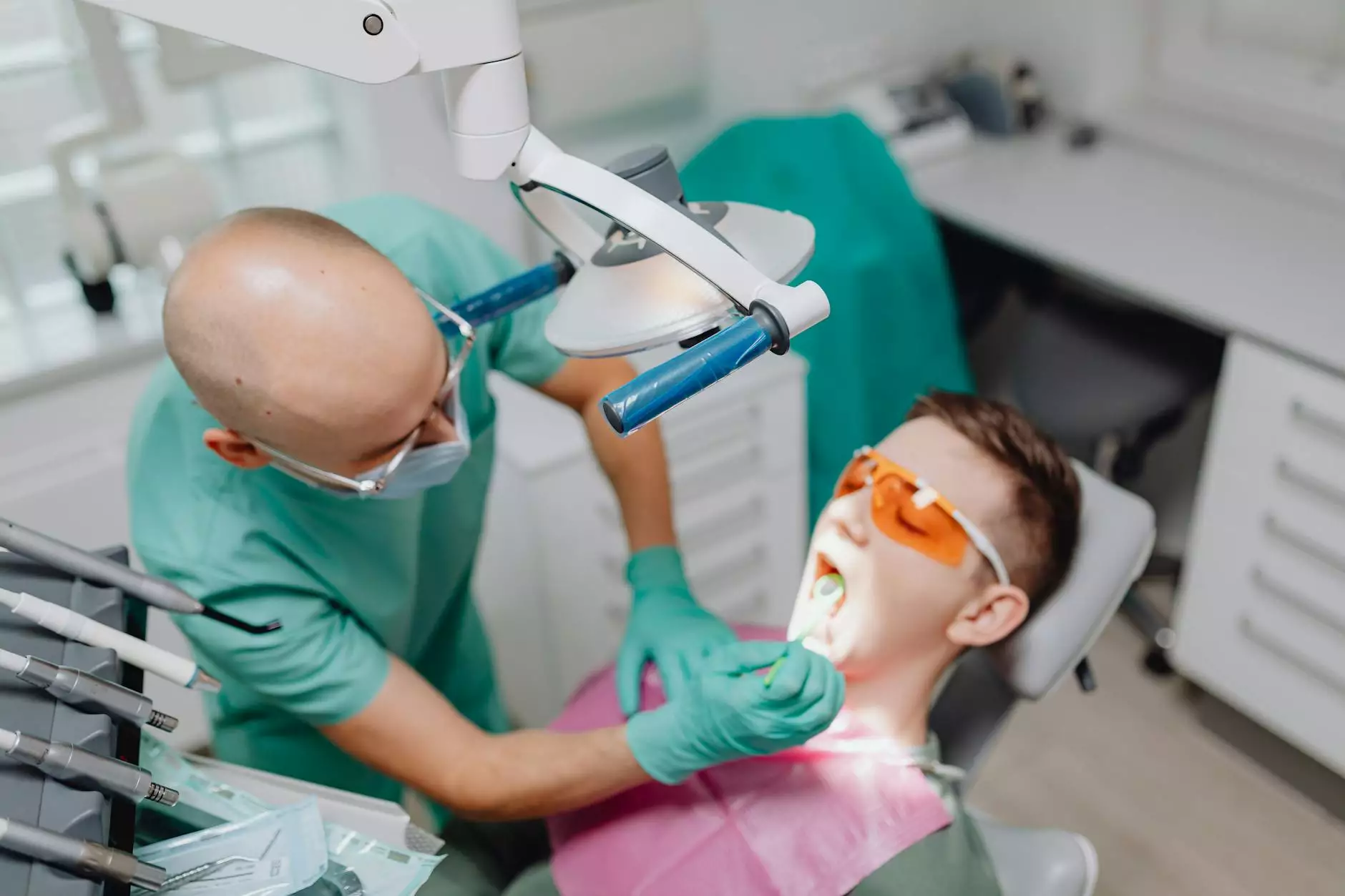Finding the Right Neurosurgeon Near Me: A Comprehensive Guide

In today's healthcare landscape, finding the right neurosurgeon can be a daunting task, especially when you are faced with neurological issues that require expert care. If you find yourself searching for a neurosurgeon near me, it’s likely that you or a loved one is experiencing health problems that impact your quality of life. This guide aims to equip you with the necessary insights and information to navigate your journey in finding the best neurosurgeon for your needs.
Understanding Neurosurgery
Neurosurgery is a specialized field of medicine that deals with the diagnosis and treatment of conditions affecting the brain, spine, and nervous system. Neurosurgeons undergo extensive training beyond general surgery to perform complex surgical procedures related to:
- Brain tumors
- Back pain
- Spinal cord injuries
- Epilepsy
- Parkinson’s disease
- Traumatic brain injury
By understanding what neurosurgery involves, you can make a more informed decision when searching for a neurosurgeon near me.
Choosing the Right Neurosurgeon
When searching for a neurosurgeon, there are several important factors to consider. Each decision can significantly impact your treatment outcomes and overall experience.
1. Credentials and Qualifications
Check the neurosurgeon's qualifications, including:
- Board Certification: Ensure they are board-certified in neurosurgery.
- Residency and Fellowship: Look for specialized training in areas that pertain to your condition.
- Experience: The number of years they have been practicing and the volume of surgeries performed matters.
2. Specialization
Not all neurosurgeons specialize in the same conditions. If you have a specific medical concern, such as brain tumors or spinal disorders, look for a neurosurgeon whose expertise aligns with your needs. This can lead to better outcomes as they are more familiar with current techniques and successful treatment options.
3. Reviews and Recommendations
Online reviews and personal recommendations from friends, family, or healthcare providers can provide valuable insights. Websites and forums can also showcase patient experiences that highlight the quality of care provided by a particular neurosurgeon.
What to Expect During Your First Visit
Your first visit with a neurosurgeon can set the tone for your treatment journey. Here’s what to expect when you visit a neurosurgeon near me:
1. In-Depth Consultation
During this visit, be prepared for an in-depth consultation where the neurosurgeon will:
- Review your medical history and symptoms.
- Perform a neurological examination.
- Discuss potential diagnostic tests.
2. Diagnostic Imaging
The neurosurgeon may recommend imaging tests such as:
- MRI (Magnetic Resonance Imaging)
- CT Scan (Computed Tomography)
- X-Rays
These tests help the neurosurgeon to visualize your condition and formulate a treatment plan.
3. Treatment Options
Depending on the diagnosis, treatment options may include:
- Conservative Management: Medications and physical therapy may be suggested.
- Surgical Interventions: Discuss the necessity, risks, and benefits of possible surgeries.
- Follow-Up Care: Understand the follow-up care that may be required post-treatment.
Preparing for Neurosurgery
If surgery is deemed necessary, preparation is key to ensuring the best outcomes. Here are essential steps you can take:
1. Understanding the Procedure
Ask your neurosurgeon to explain the procedure in detail, including:
- The surgical approach (open surgery, minimally invasive techniques, etc.)
- The estimated duration of the surgery.
- Recovery time and follow-up appointments.
2. Preoperative Instructions
Follow all preoperative instructions to minimize complications. Instructions may include:
- Adjusting medications.
- Fasting before surgery.
- Arranging for post-surgery transportation.
3. Emotional Preparation
It's normal to feel anxious before surgery. Consider discussing your concerns with your healthcare team. Techniques such as mindfulness, meditation, or seeking support from loved ones can be helpful in easing pre-surgical jitters.
Postoperative Care
Post-surgery, your recovery will be closely monitored. Here’s what to expect:
1. Pain Management
Some discomfort is expected after surgery. Speak up about your pain levels so that your care team can assist with appropriate medications.
2. Physical Rehabilitation
Depending on your condition, physical therapy may be crucial to regaining strength and mobility. Follow your therapist’s recommendations closely for optimal recovery.
3. Follow-Up Visits
Schedule follow-up visits to monitor your recovery and address any concerns. This is also an opportunity for your neurosurgeon to adjust your treatment as needed.
How to Find a Neurosurgeon Near You
Finding a qualified neurosurgeon can often begin with a simple search. Here are effective tips:
1. Online Directories
Utilize online medical directories such as:
- Healthgrades
- Vitals
- WebMD
These platforms allow you to filter results based on location, specialties, and patient reviews.
2. Referral Services
Your primary care physician can refer you to a trusted neurosurgeon within your area. Don’t hesitate to ask for several options to evaluate.
3. Hospitals and Medical Centers
Consider looking into reputable hospitals and medical centers that have a neurosurgery department. Institutions like MediGlobus are known for their quality healthcare services and may also provide valuable patient support.
Conclusion
Searching for a neurosurgeon near me can seem overwhelming, but with the right knowledge and resources, you can find qualified professionals who cater to your specific needs. Remember to focus on credentials, specialization, and patient feedback as key factors in your decision-making process. Whether you require surgical intervention or conservative management, selecting the right neurosurgeon will pave the way for effective treatment and improved quality of life.



